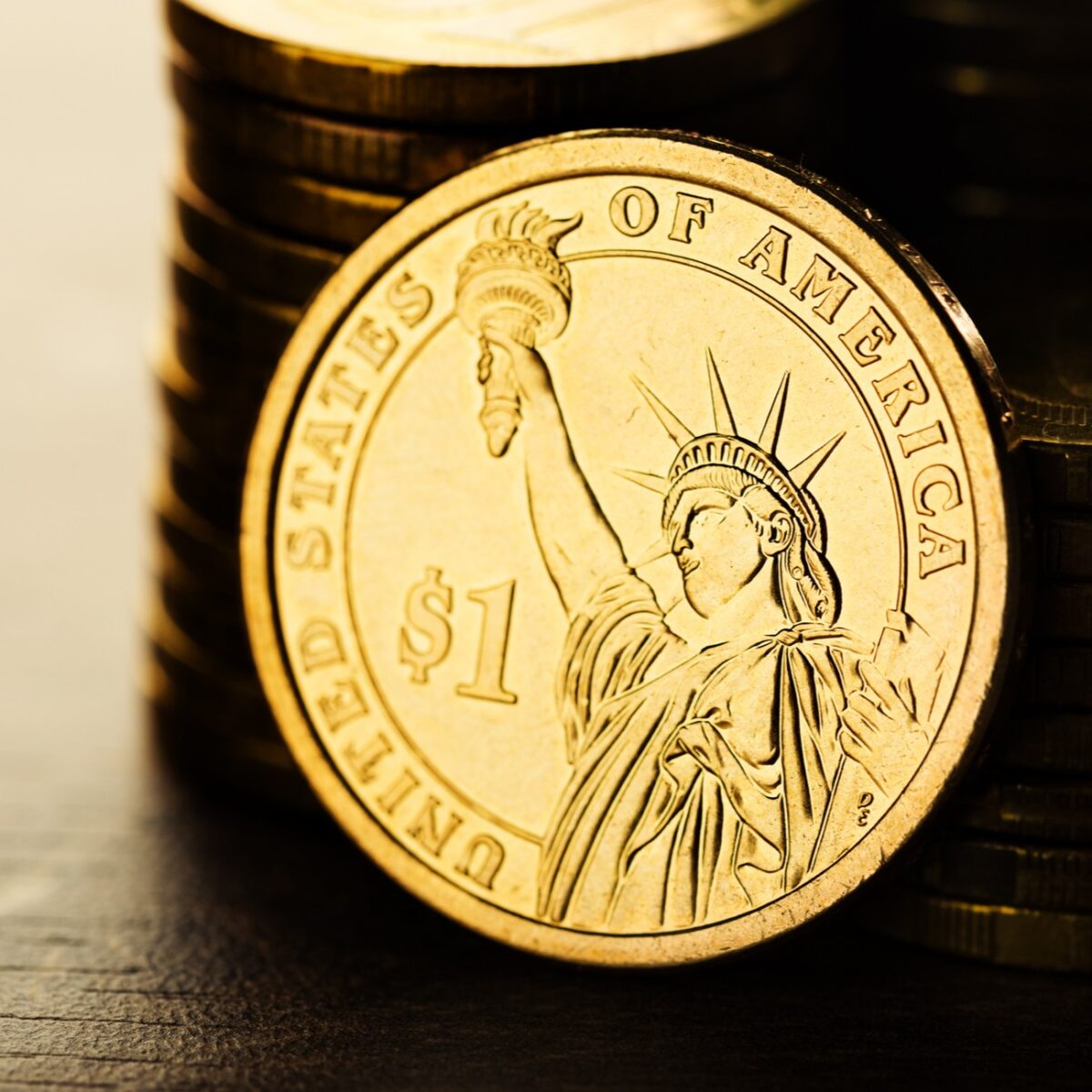PALO ALTO, Calif. (Reuters) - The Federal Reserve is taking a look at a broad range of problems around digital payments and currencies, including policy, design and legal considerations around possibly providing its own digital currency, Governor Lael Brainard said on Wednesday. Brainard's remarks recommend more openness to the possibility of a Fed-issued digital coin than in the past." By transforming payments, digitalization has the possible to provide greater value and benefit at lower expense," Brainard said at a conference on payments at the Stanford Graduate School of Company.
Central banks internationally are debating how to handle digital finance innovation and the distributed ledger systems used by bitcoin, which assures near-instantaneous payment at potentially low cost. The Fed is establishing its own day-and-night real-time payments and settlement service and is currently evaluating 200 remark letters sent late last year about the proposed service's design and scope, Brainard stated.
Less than two years ago Brainard informed a conference in San Francisco that there is check here "no compelling demonstrated need" for such a coin. But that was prior to the scope of Facebook's digital currency aspirations were widely understood. Fed officials, including Brainard, have actually raised concerns about consumer protections and data and personal privacy risks that could be postured by a currency that might come into use by the 3rd of the world's population that have Facebook accounts.
" We are collaborating with other reserve banks as we advance our understanding of reserve bank digital currencies," she stated. With more countries looking into releasing their own digital currencies, Brainard stated, that adds to "a set of reasons to likewise be making sure that we are that frontier of both research and policy advancement." In the United States, Brainard said, problems that need study consist of whether a digital currency would make the payments system more secure or simpler, and whether it could posture monetary stability threats, consisting of the possibility of bank runs if cash can be turned "with a single swipe" into the reserve bank's digital currency.
To counter the financial damage from America's unprecedented nationwide lockdown, the Federal Reserve has taken extraordinary actions, consisting of flooding the economy with dollars and investing directly in the economy. Many of these relocations got grudging approval even from many Fed skeptics, as they saw this stimulus as needed and something only the Fed might do.
My new CEI report, "Government-Run Payment Systems Are Unsafe at Any Speed: The Case Versus Fedcoin and FedNow," details the risks of the Fed's current prepare for its FedNow real-time payment system, and propositions for main bank-issued cryptocurrency that have been dubbed Fedcoin or the "digital dollar." In my report, I discuss issues about privacy, information security, currency fed coin adjustment, and crowding out private-sector competitors and development.
Supporters of FedNow and Fedcoin say the government needs to create a system for payments to deposit instantly, rather than encourage such systems in the private sector by lifting regulative barriers. However as noted in the paper, the economic sector is providing an apparently endless supply of payment innovations and digital currencies to resolve the problemto the extent it is a problemof the time gap between when a payment is sent out and when it is received in a checking account.

And the examples of private-sector innovation in this area are many. The Clearing House, a bank-held cooperative that has been routing interbank payments in different types for more than 150 years, has been clearing real-time payments since 2017. By the end of 2018 it was covering half of the deposit base in the U.S.